The Most Popular Coffee Bean Is In Danger Of Destruction
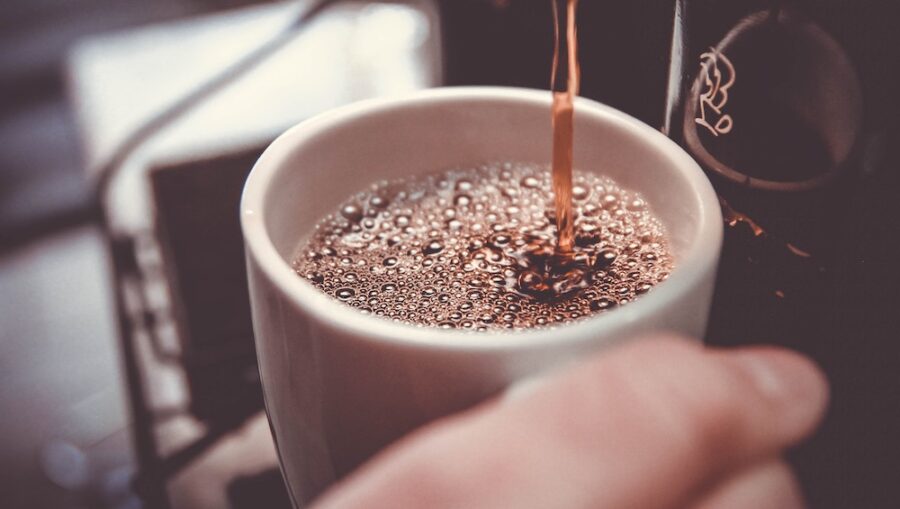
Arabica is the most popular type of coffee bean, being grown in cool, mountainous regions and exported around the world. Unfortunately, the environments where the plant is grown are warming up, making it increasingly difficult to grow the crop. With more unpredictable precipitation patterns on top of rising temperatures, Arabica production is estimated to drop by 80 percent by 2050.
Global warming is causing the world’s most popular coffee bean to die out, with scientists predicting a drastic decrease in production over the next few decades. Changes in rainfall and temperature are to blame, making it difficult to grow the crop and forcing the industry to adapt. Fortunately, scientists are working on alternatives to keep the popular beverage available.
No Coffee Would Start The Downfall Of Civilization
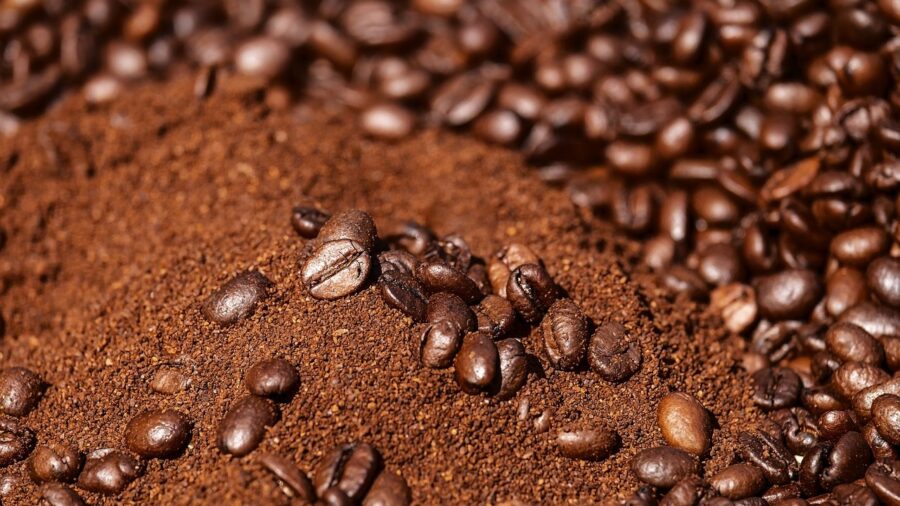
Such a drastic decline in production for the most popular variety of coffee beans could have a ripple effect that drastically changes every part of the industry. Farms will have to change crops or adjust their methods, distributors will have to find new sources to meet demand, cafes will have to adjust to new flavors, and numerous other unforeseen changes are likely on the way. It’s one of many agricultural industries expected to be reshaped by climate change in the near future.
This Is The Most Important Ecological Issue Today
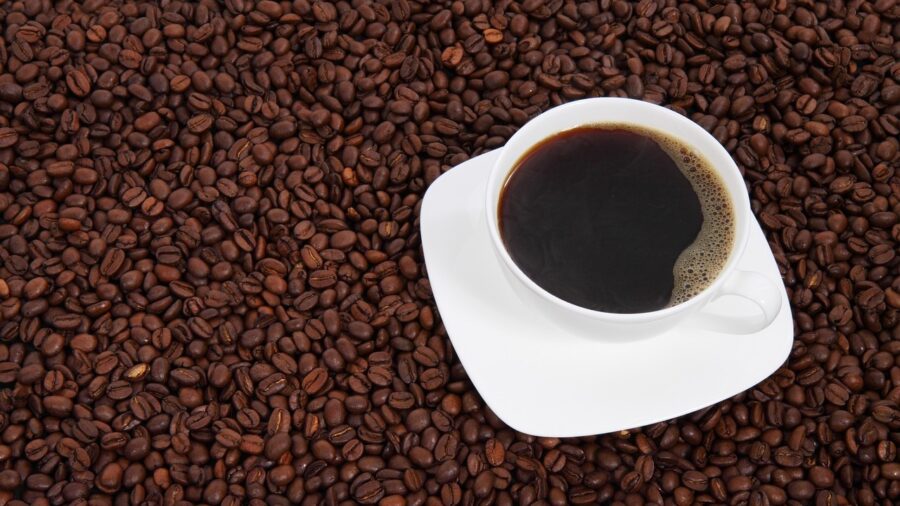
While those changes are a genuine cause for concern, scientists are working on ways to meet the global demand for coffee. One solution being considered is new farming techniques, allowing the crop to be grown in new environments that will be more viable as temperatures rise. The other is the development of new beans that are more resilient.
There’s Hope For The Future
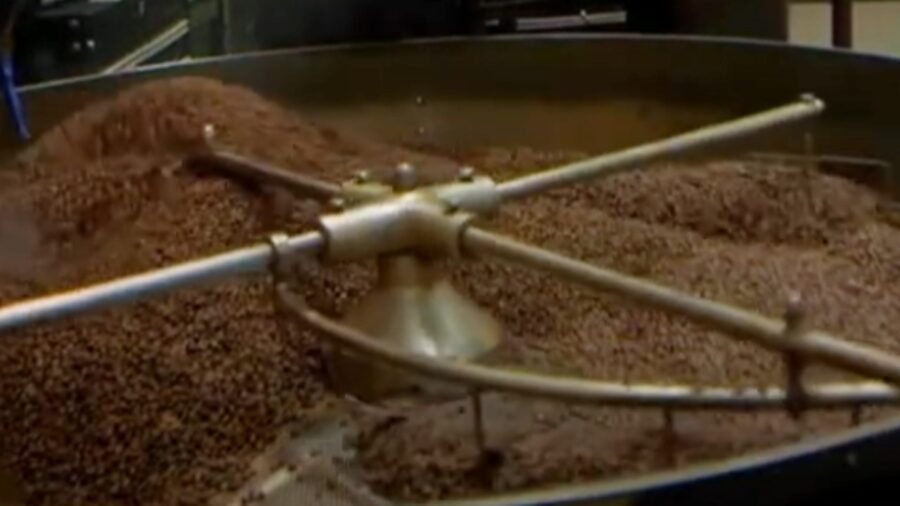
The University of Florida is one institution working towards these goals and they’re at the forefront of developing a new coffee bean. They’ve developed a new plant called Robusta, which can be grown in warmer temperatures and at various altitudes. According to the research, it’s an easy crop to grow and, perhaps just as important, tastes good.
University of Florida researchers planted 1,000 Robusta plants across the state of Florida as a test, with harvesting expected to happen this month. It will take more time to test the new coffee bean’s viability in new environments fully, but it could be the future of the beverage. Of course, once raising the crop is sorted out, there’s no guarantee the general public will like the taste of the new plant.
Expanding The Coffee Bean’s Footprint
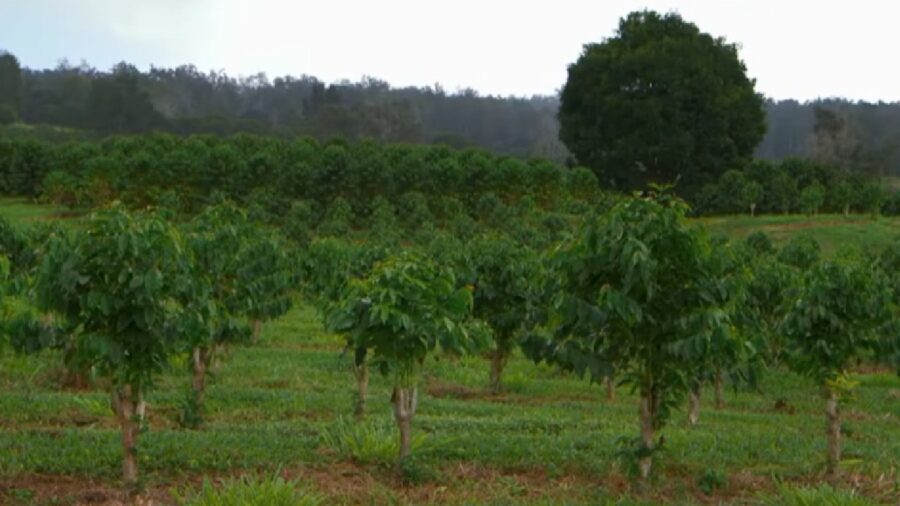
Felipe Ferrão, one of the University of Florida researchers working on the project, claims to NPR that their coffee bean’s main advantage over Arabica is its adaptability. Robusta is a much more genetically diverse plant, allowing scientists to breed the crop for different environments. This would allow the crop to be grown in many places that don’t traditionally grow coffee and replace Arabica in environments that no longer support it.
A Bleak Future Without Coffee
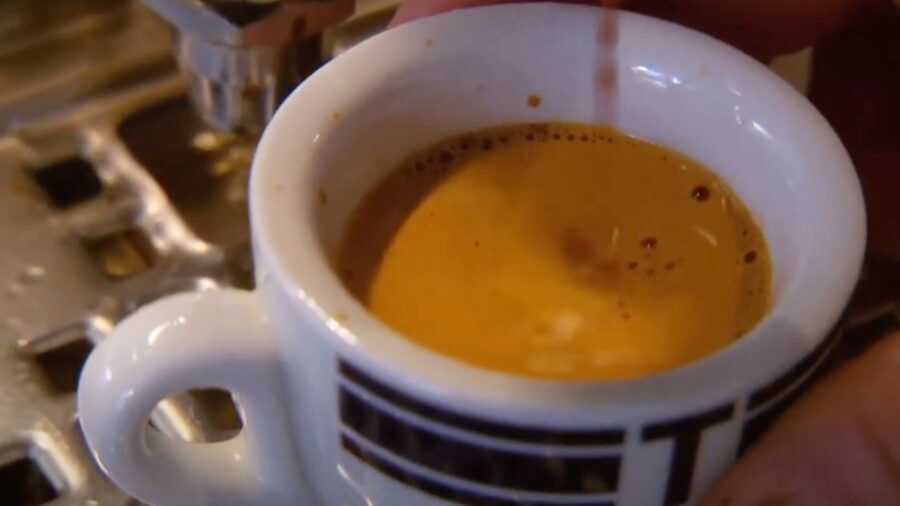
With global warming forcing major agricultural changes, scientists are working hard to solve problems before they become catastrophic. The Robusta plant is one small part of that global effort to keep things going as climate change disrupts our daily lives. That adaptation does mean your morning pick-me-up might taste very different in just a few years.
Source: NPR












